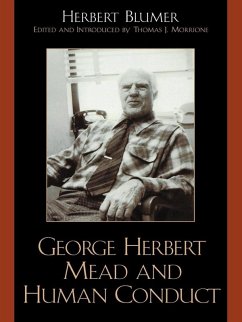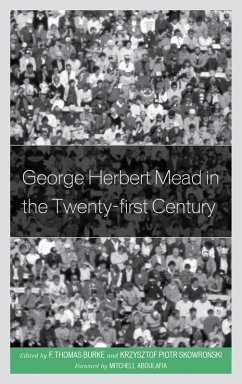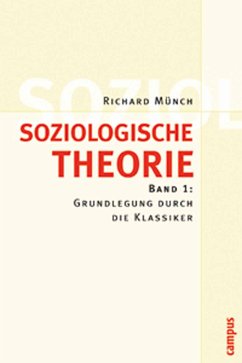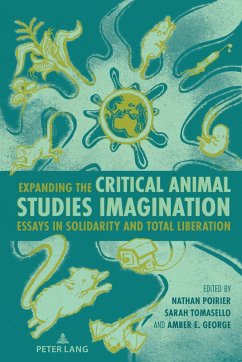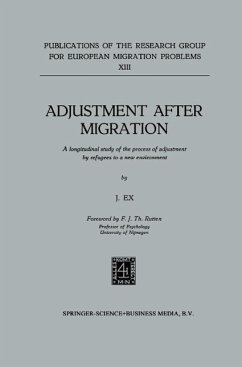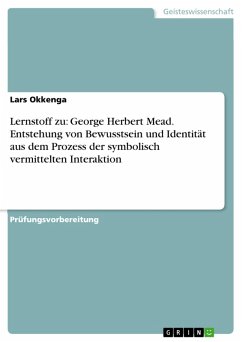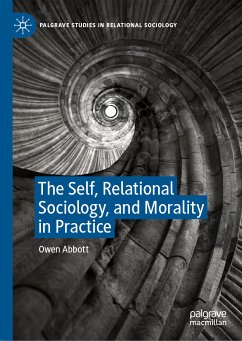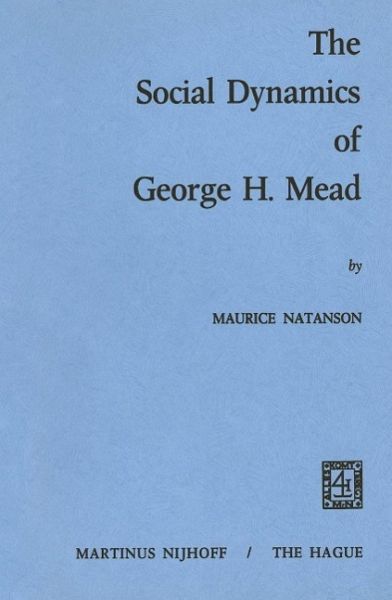
The Social Dynamics of George H. Mead (eBook, PDF)
Versandkostenfrei!
Sofort per Download lieferbar
40,95 €
inkl. MwSt.
Weitere Ausgaben:

PAYBACK Punkte
20 °P sammeln!
Twelve years after his Origin of Species, Charles Darwin published his Descent of Man. If the first book brought the gases of philosophi cal controversy to fever heat, the second exploded them in fiery roars. The issue was the nature, the condition, and the destiny of genus humanum. According to the prevailing Genteel Tradition mankind was a congregation of embodied immortal souls, each with its fixed identity, rights and duties, living together with its immortal neigh bors under conditions imposed by "the laws of nature and of nature's God." Obedience or disobedience of these laws destined al...
Twelve years after his Origin of Species, Charles Darwin published his Descent of Man. If the first book brought the gases of philosophi cal controversy to fever heat, the second exploded them in fiery roars. The issue was the nature, the condition, and the destiny of genus humanum. According to the prevailing Genteel Tradition mankind was a congregation of embodied immortal souls, each with its fixed identity, rights and duties, living together with its immortal neigh bors under conditions imposed by "the laws of nature and of nature's God." Obedience or disobedience of these laws destined all to eternal bliss or eternal damnation. What had come to be called "evolution" was assimilated to the Tradition in diverse interpretations such as John Fiske's, Henry Drummond's and Charles Pierce's. Their common ten dency was to establish "evolution" as somehow the method whereby divine providence ordains the conditions under which man accom plishes his destiny. The most productive competitor of the Genteel Tradition went by various names, with positivism, materialism and naturalism the most telling. Its success as competitor was not due to its theological or metaphysical import. Its success flowed from its mode of observing how effects or results, those undesired as well as those desired, got produced. Unified and generalized, these observations were taken for notations of causal sequences always and everywhere the same, thus for laws of "nature" to whose workings "the providence of God" added nothing productive and could be and was dispensed with.
Dieser Download kann aus rechtlichen Gründen nur mit Rechnungsadresse in A, B, BG, CY, CZ, D, DK, EW, E, FIN, F, GR, HR, H, IRL, I, LT, L, LR, M, NL, PL, P, R, S, SLO, SK ausgeliefert werden.



